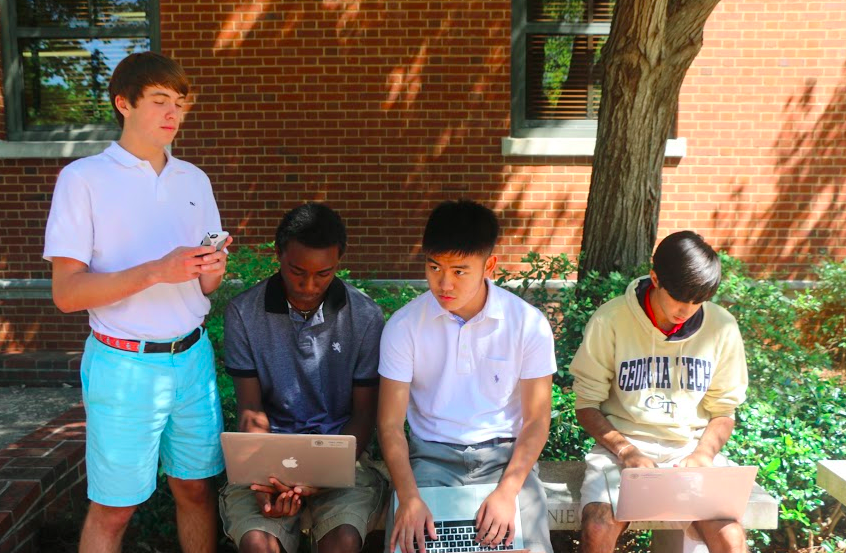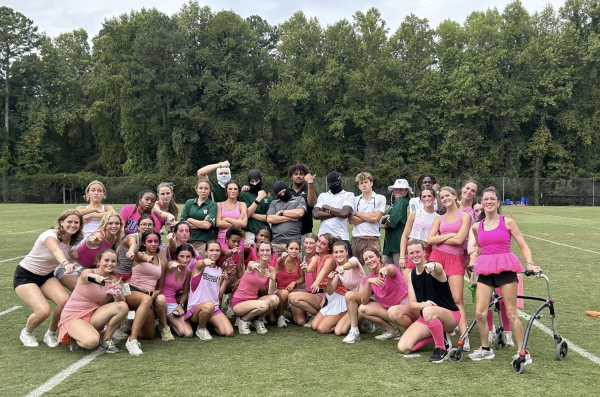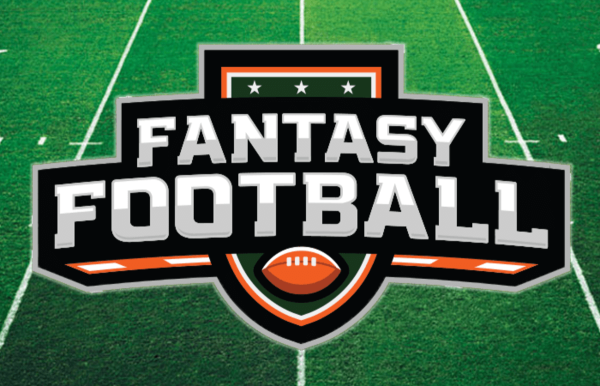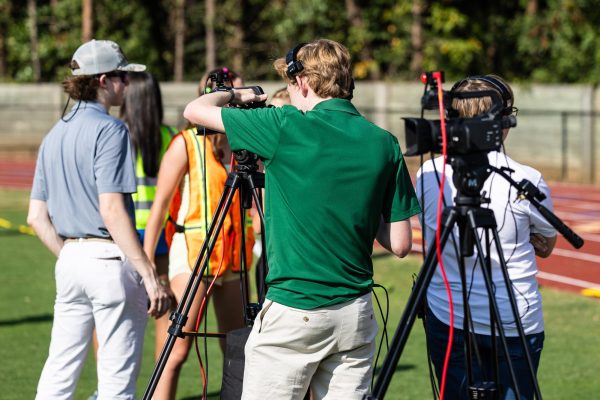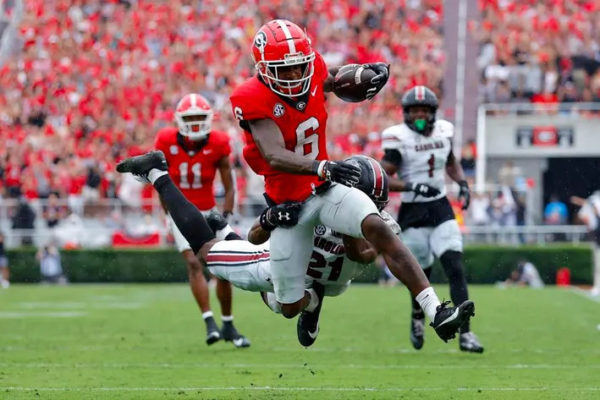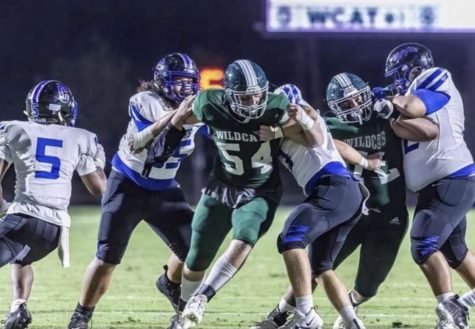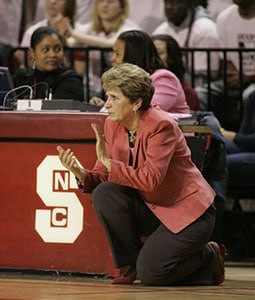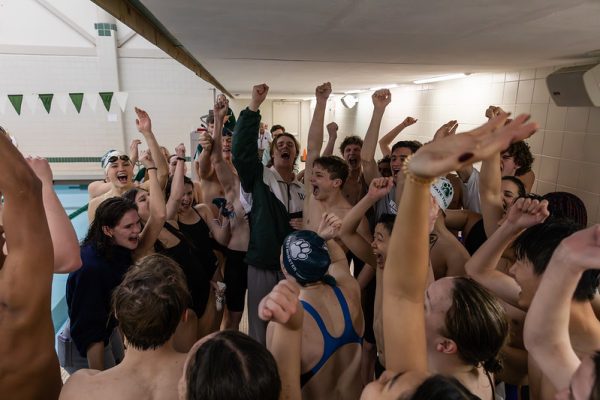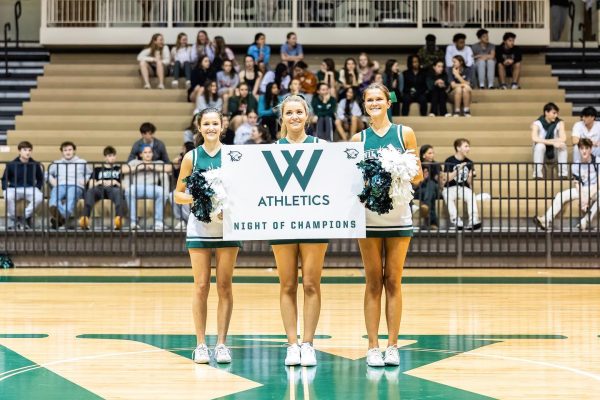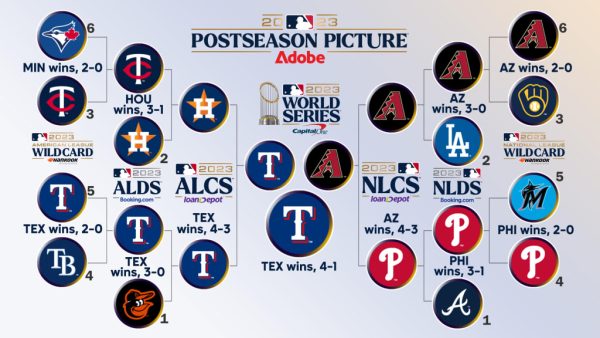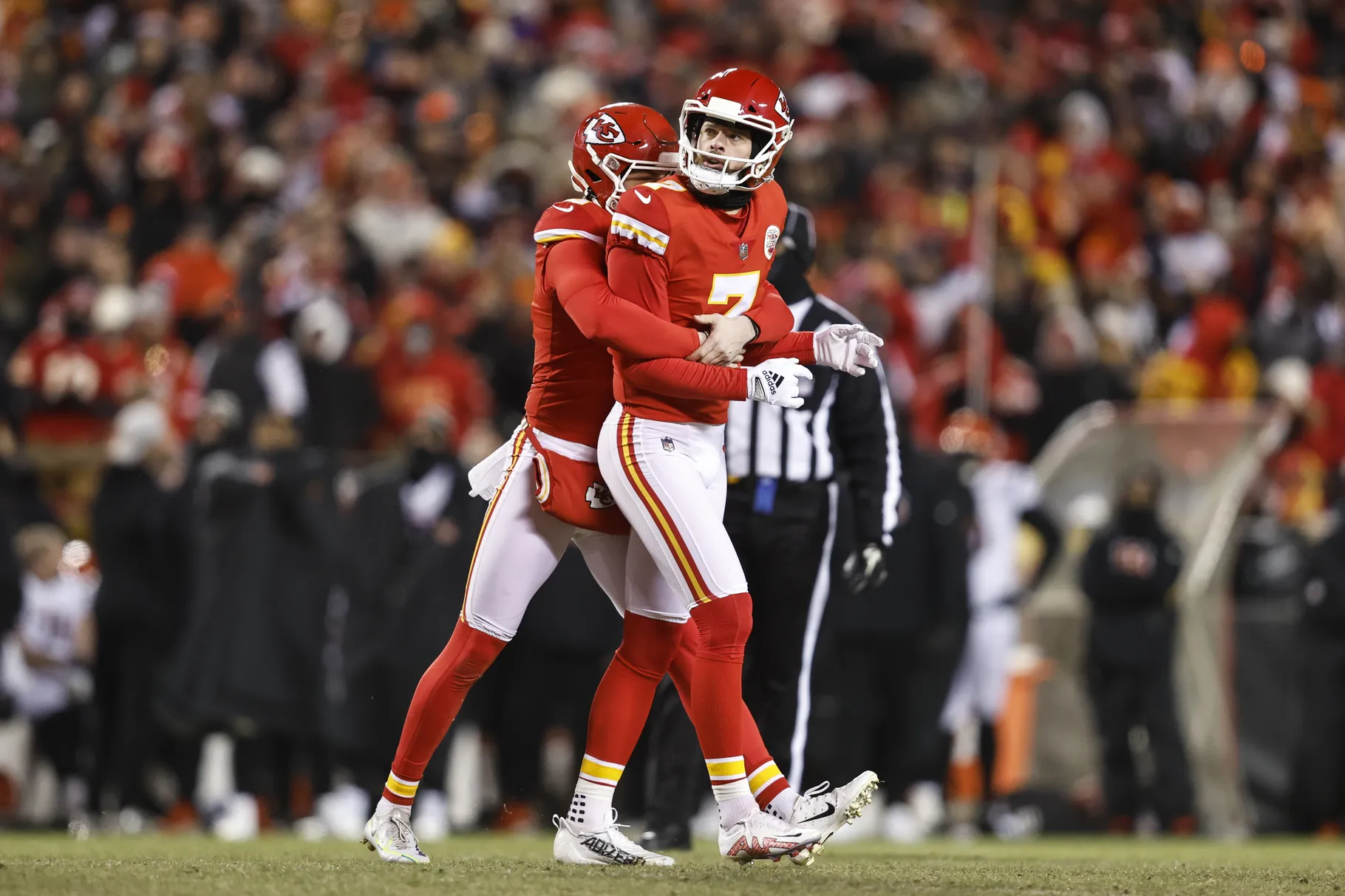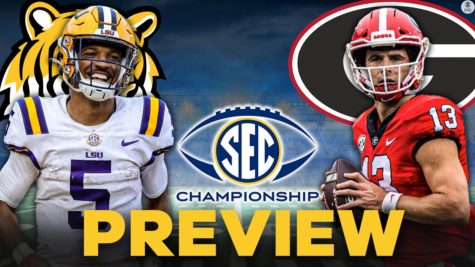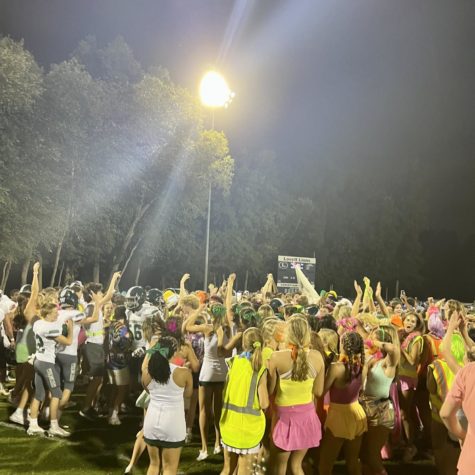Fantasy Football Takes Campus by a Storm
Juniors Colby Webb, Michael McGovern, David Choi and Ajay Manocha check their fantasy football stats.
A heated discussion between two students almost brings them to blows. However, they are not debating about politics or about whose paper is better. No, they are arguing about fantasy football, a game that is sweeping the nation. Any student with a passion for football can play, whether it is with their friends or alone, making this virtual game become a universal craze. The 30 million players in the US include several passionate students found at Westminster.
“You really do not need to know much about football to enjoy fantasy football,” said sophomore Peyton Kendall. “Anyone can play it.” As a member of a hotly contested 10-man league with nine other sophomores, Kendall’s league boasts to be one of the most experienced at fantasy football on campus.
The game presents as a competition between users built on “fantasy” football rosters created from “drafting” real NFL football players. Depending on his performance in the weekly games, each player on a team receives a certain amount of points based on his position, such as wide receiver, running back, and quarterback. Users compete against each other in their individual teams within a league, and the champion is determined based on each league member’s combined score of wins and losses determines which teams make it to the next round, which teams make it to the playoffs, and, ultimately, which team as champion of the league.
The overall structure and objective of the game attracts a diverse variety of students from middle school students to high school seniors. Rising as a common platform in student culture, fantasy football offers new opportunities for social interaction and new relationships to form among all grades. A popular aspect to the game is the trading; in order to improve one’s team, members can trade players with each other. For a trade to be successful, the user encouraging the trade must convince the other to do the deal. The “drafting” of the players itself also presents as an important element of the play, considered arguably the best part of the whole game. Through these components of fantasy football, all kinds of students come together to and create new unexpected friendships through this popular interactive game.
“I have gotten lots of advice from people who are not in my league,” said sophomore Alex Cann. “Through fantasy football, I’ve met a lot of new people who I probably wouldn’t have met otherwise.”
Spawning an entire new genre of conversation topics, fantasy football holds a significant influence over the social dynamics at school. Both outside and, although discouraged, inside of class, fantasy enthusiasts collaborate with students of other leagues to make important decisions on, for example, whom to play on their team or whether or not to make a certain trade.
The massive competitive spirit of the game has creates an exciting challenge, transforming student culture by acting as a bridge that bonds students closer together and enhancing friendships. Members also find themselves grown attached to the players on their team and very passionate about the game, especially after their avid support for certain players throughout the entire season.
“The competitive nature of the fantasy league is part of what makes it so much fun,” said Cann. “If everyone is invested in the league and competitive, it makes the game very enjoyable.”
Traditions may also develop within fantasy leagues throughout the years. For example, in Cann’s league, the annual winner receives a ring that emulates a Super Bowl ring, which is worn to display great pride and honor. At the end of every season, the ring is then passed onto the winner of that year. These fantasy traditions create a sense of continuity, shaping these leagues small growing communities.
Playing fantasy football has also proven to further users’ interest in the NFL.
“I didn’t really have a favorite NFL player before last year, but I really enjoyed having Le’Veon Bell [a running back for the Steelers] last year,” said Kendall. “He’s one of my favorite players now.”
Taken root within the Westminster community, fantasy football is expected to stay around for a long time, especially due the huge surge of positive response to the game since its introduction to campus.
“Everyone comes together at the same time to draft, and they’re all talking smack to each other about whose player or team is better,” said junior Bennett Porson. “It’s really fun!”
Sophomore Brantly Black reflected similar thoughts.
“I really enjoy fantasy football,” said Black. “It’s one of the more fun things I do all week.”
